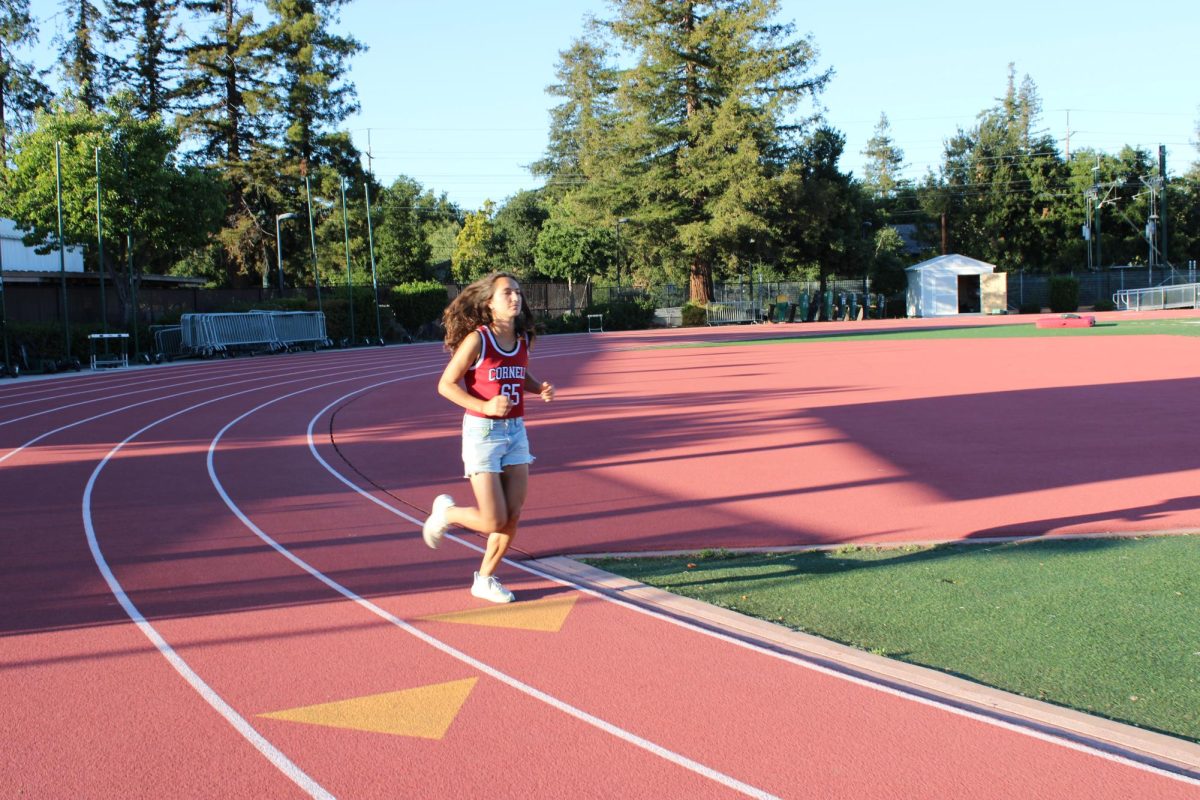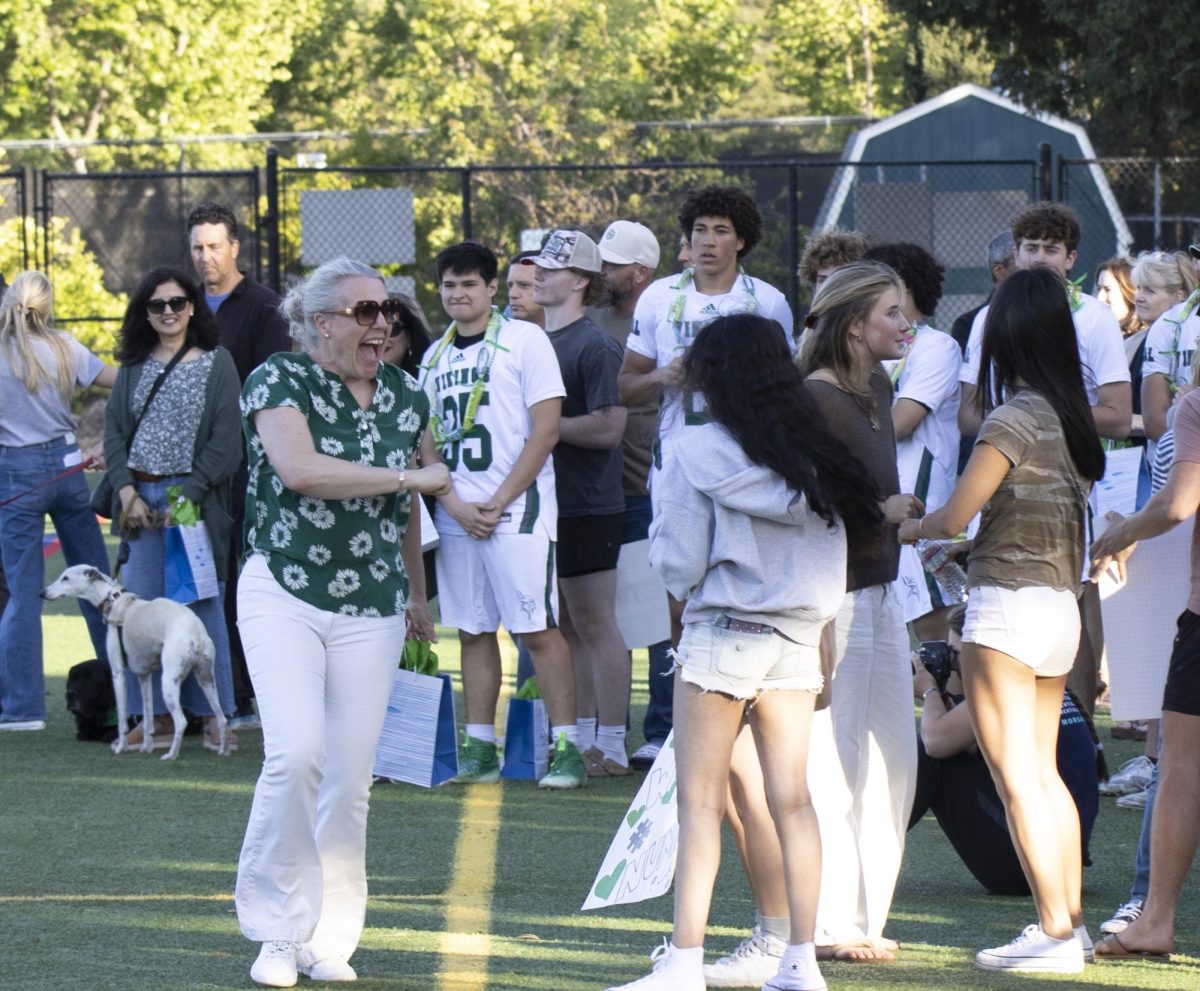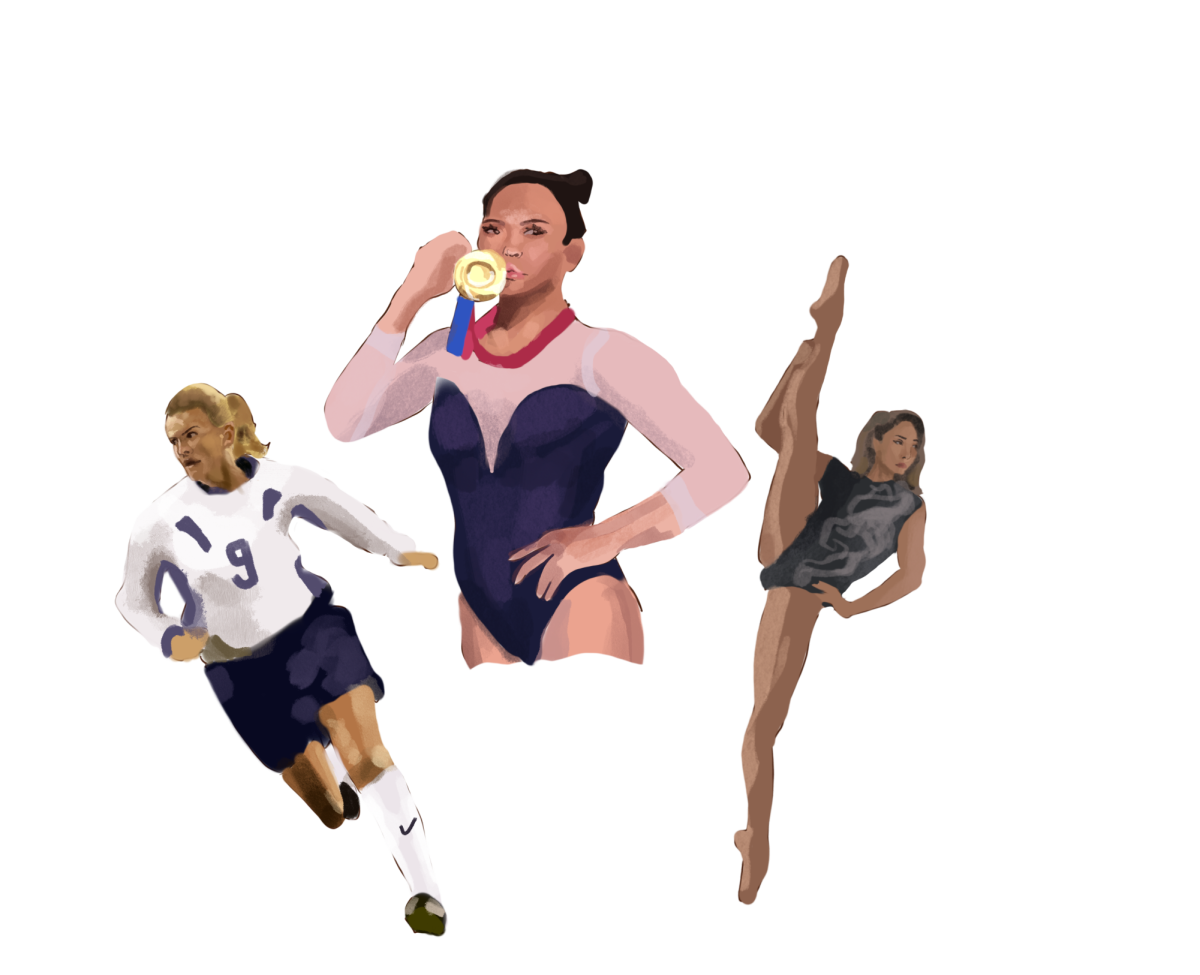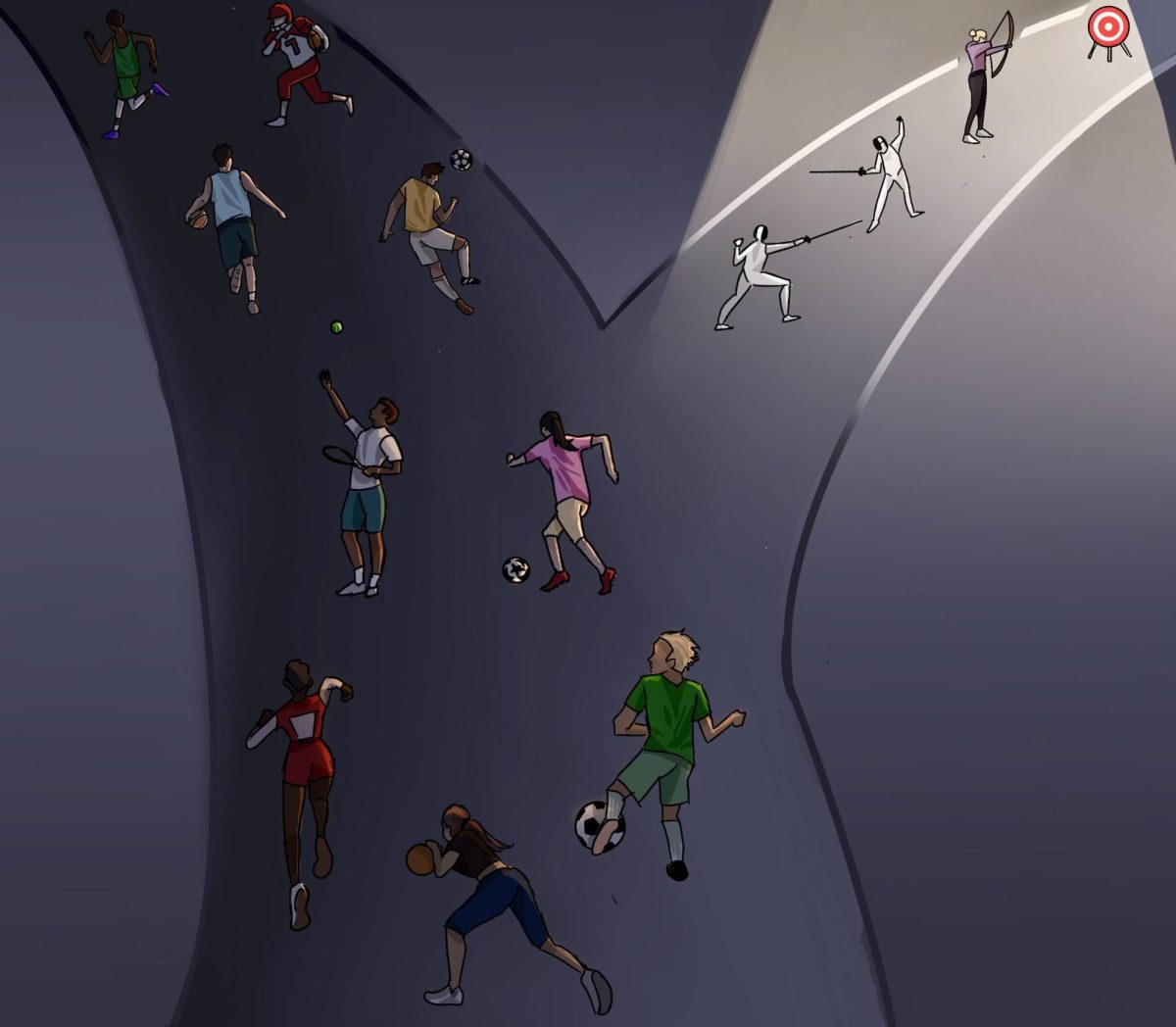
In today’s competitive world of high school sports, talent and hard work are no longer the only ingredients for success. Technology — once reserved for the pros — is now a powerful tool transforming...
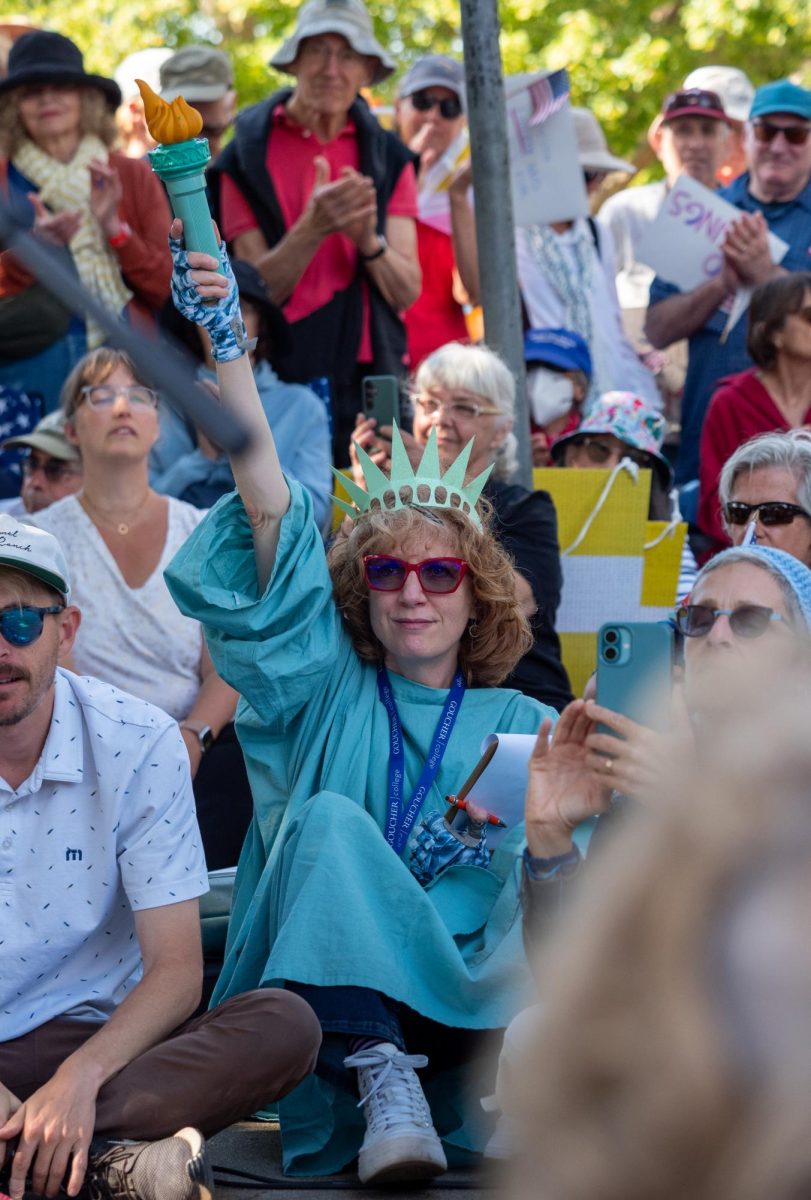
June 15, 2025
Elise Andrade, Staff Writer The state will launch a $1B voucher program in 2026 to give families alternatives to public schools by covering private school tuition
The state will launch a $1B voucher program in 2026 to give families alternatives to public schools by covering private school tuitionMay 24, 2025
Lucas Lai, Staff Writer
 Trump administration’s actions part of a larger attempt to punish universities for campus activism
Trump administration’s actions part of a larger attempt to punish universities for campus activismMay 21, 2025
Cindy Liang, Staff Writer Student body divided over executive order to make English official language of United States
Student body divided over executive order to make English official language of United StatesApril 25, 2025
Annika Chu, News/Opinion Editor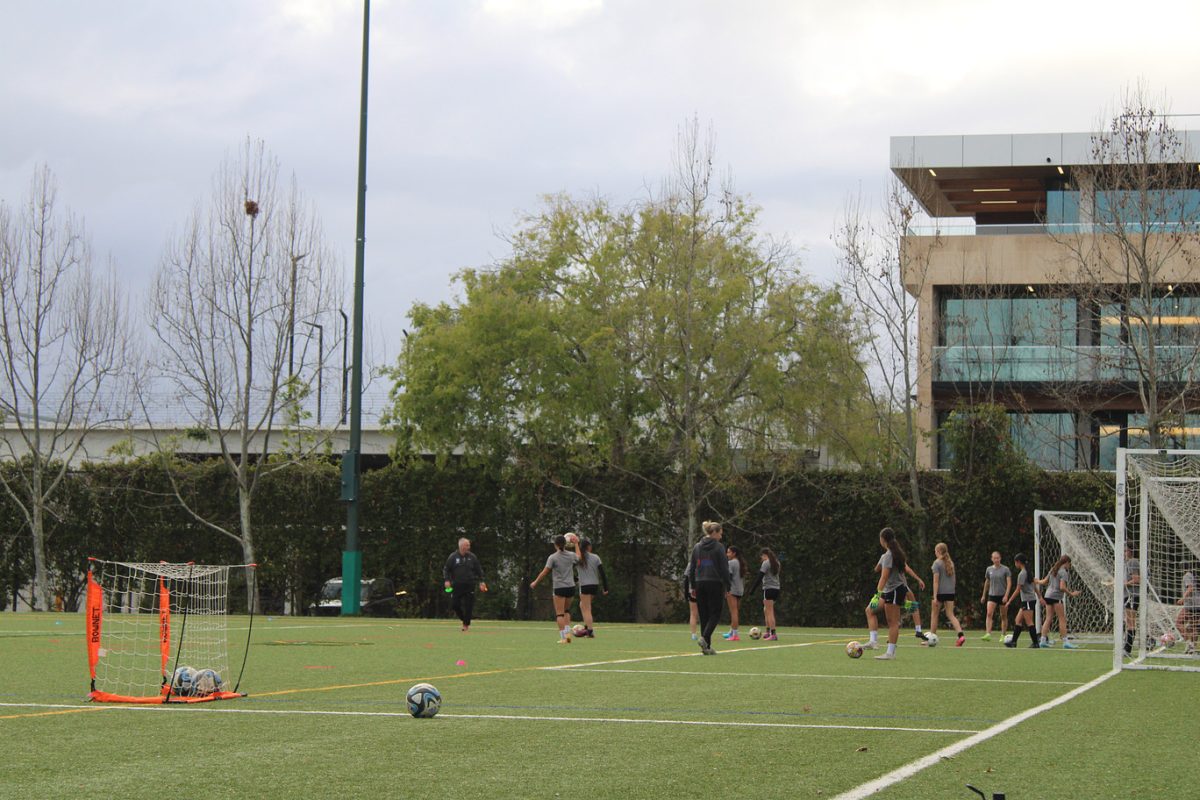 Members reconsider previous plan due to financial, environmental, safety concerns
Members reconsider previous plan due to financial, environmental, safety concernsApril 20, 2025
Mirai Matsuzawa, Staff Writer Federal judges block executive order to end birthright citizenship for temporary, undocumented immigrants
Federal judges block executive order to end birthright citizenship for temporary, undocumented immigrantsApril 16, 2025
Ethan Chan, Staff Writer New U.S. tariff plan aimed at promoting domestic manufacturing sparks economic uncertainty, global retaliation and rising consumer costs
New U.S. tariff plan aimed at promoting domestic manufacturing sparks economic uncertainty, global retaliation and rising consumer costsApril 14, 2025
Isabella Bian, Newsletter Editor VTA workers strike over compensation, complaint arbitration, disability time off, judge orders union to return to work
VTA workers strike over compensation, complaint arbitration, disability time off, judge orders union to return to workMarch 31, 2025
Gavin Lin, Managing Editor
March 31, 2025
Meryem Orazova, Staff Writer


View this profile on InstagramThe Campanile (@palycampanile) • Instagram photos and videos
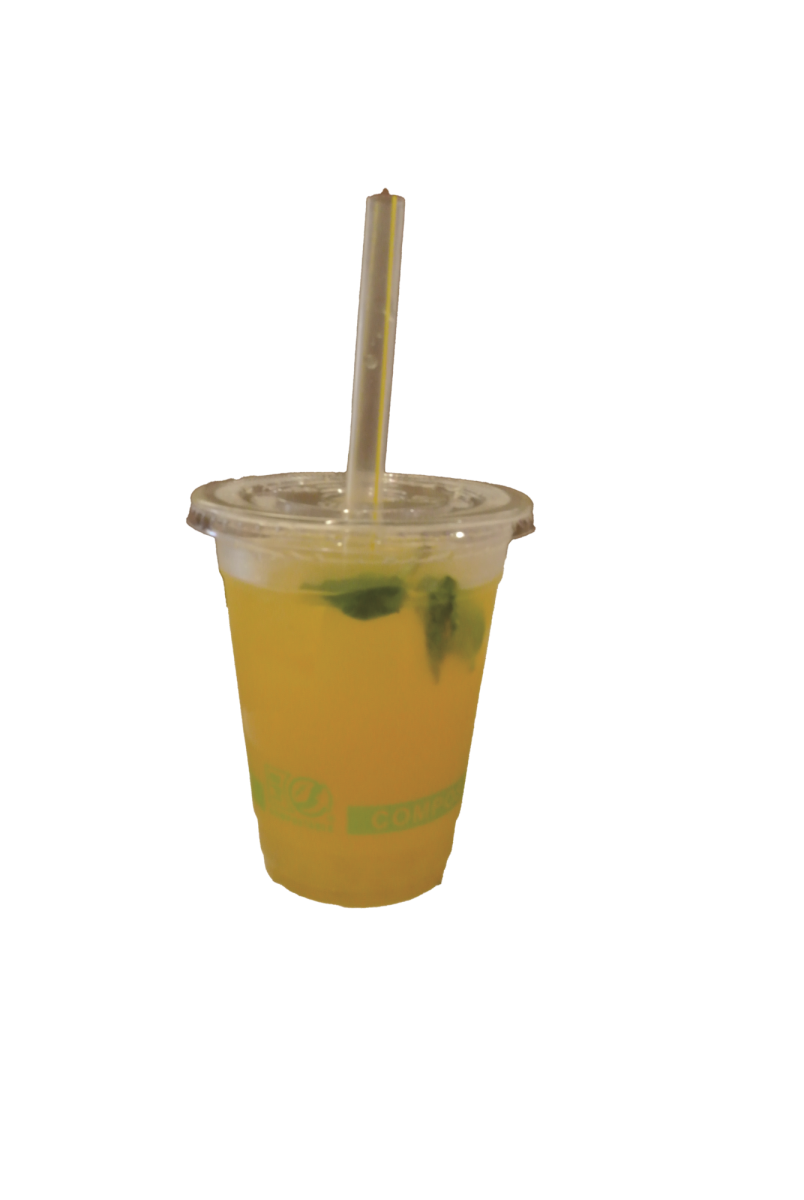
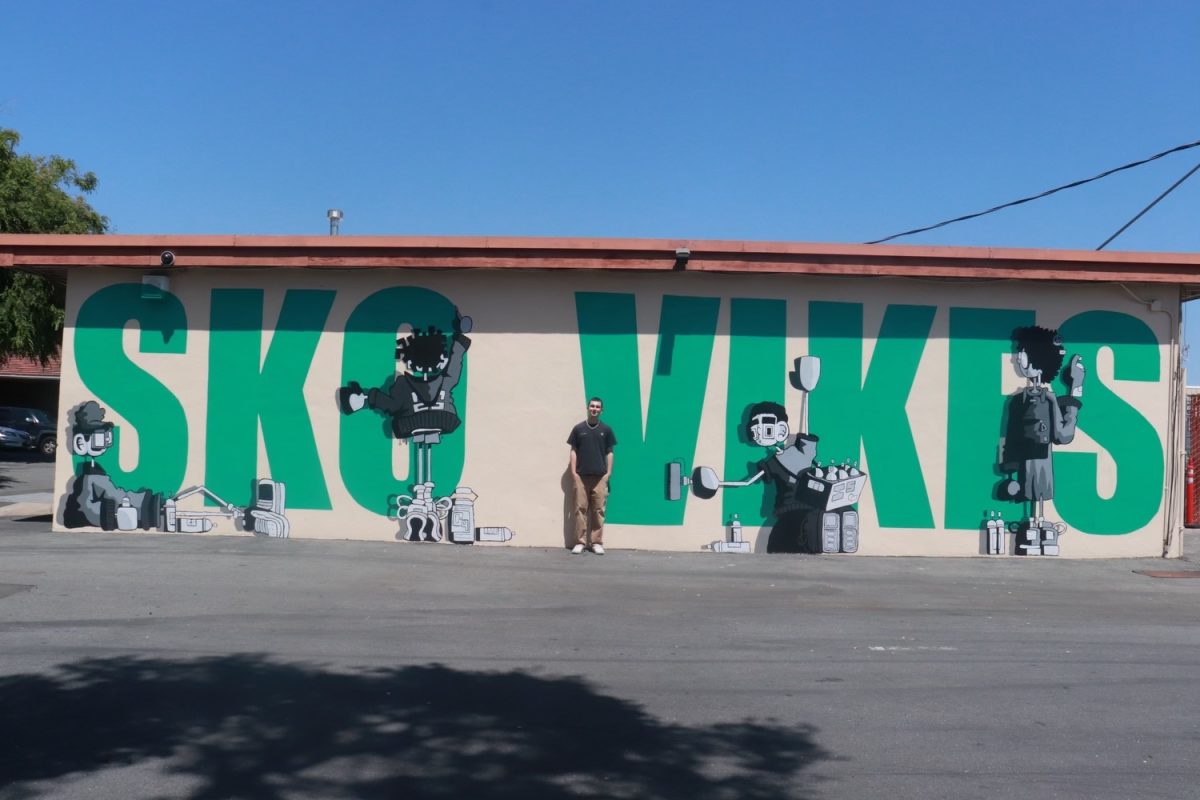

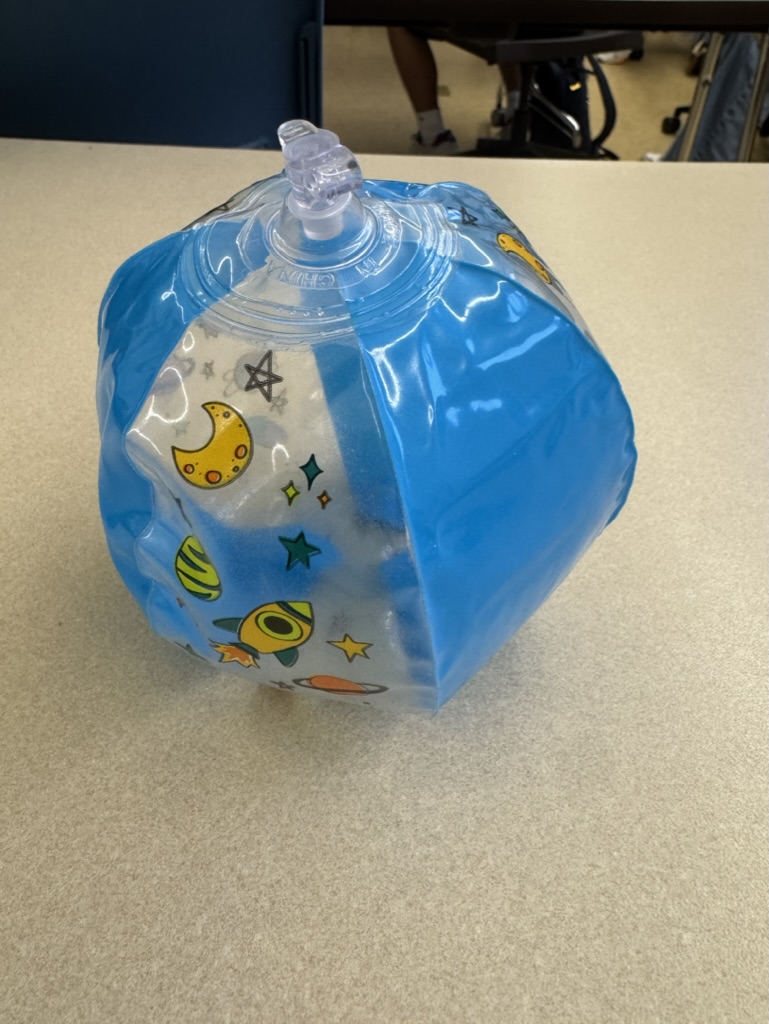



The Trump administration sent a letter to Harvard on April 11 outlining a list of demands in exchange for the continuation of federal funding for the university. These demands included reforms to governance...
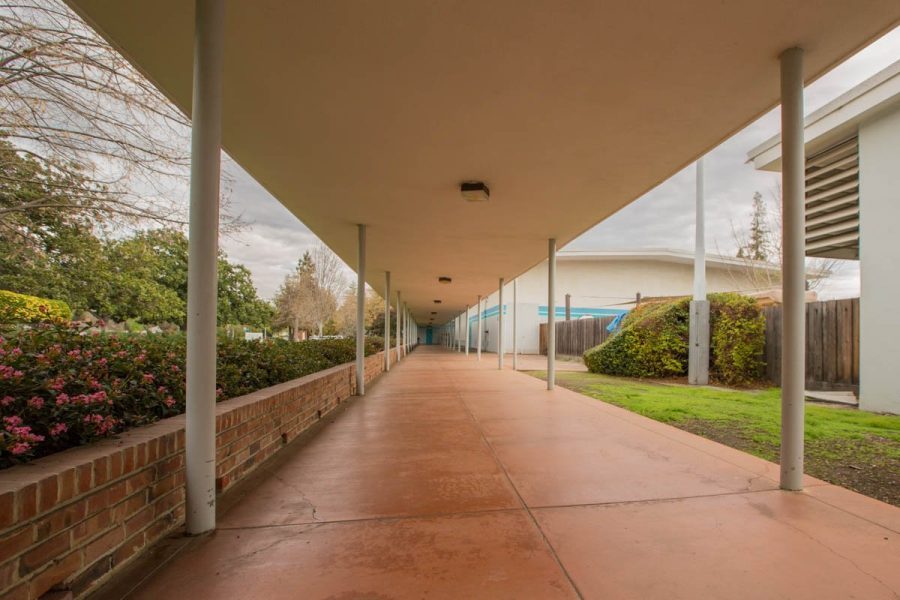
The Cubberley Community Center has long stood as a pillar of Palo Alto’s cultural, educational and recreational activities. With new plans...

Stepping into the doorway of my house after school, a copy of the “The Wall Street Journal” on the dinner table catches my eye. I grab a...

Throughout high school, students are encouraged to think about their futures: what they want to study, where they want to go and what careers...

Stepping into my bedroom, I immediately feel the heaviness of my eyelids after hours of endless lectures and classwork. I barely make it to my...

Junior Angelika Gera watched as her ride pulled up beside the sidewalk. It looked like a fairly normal car, except for the cameras on its side...
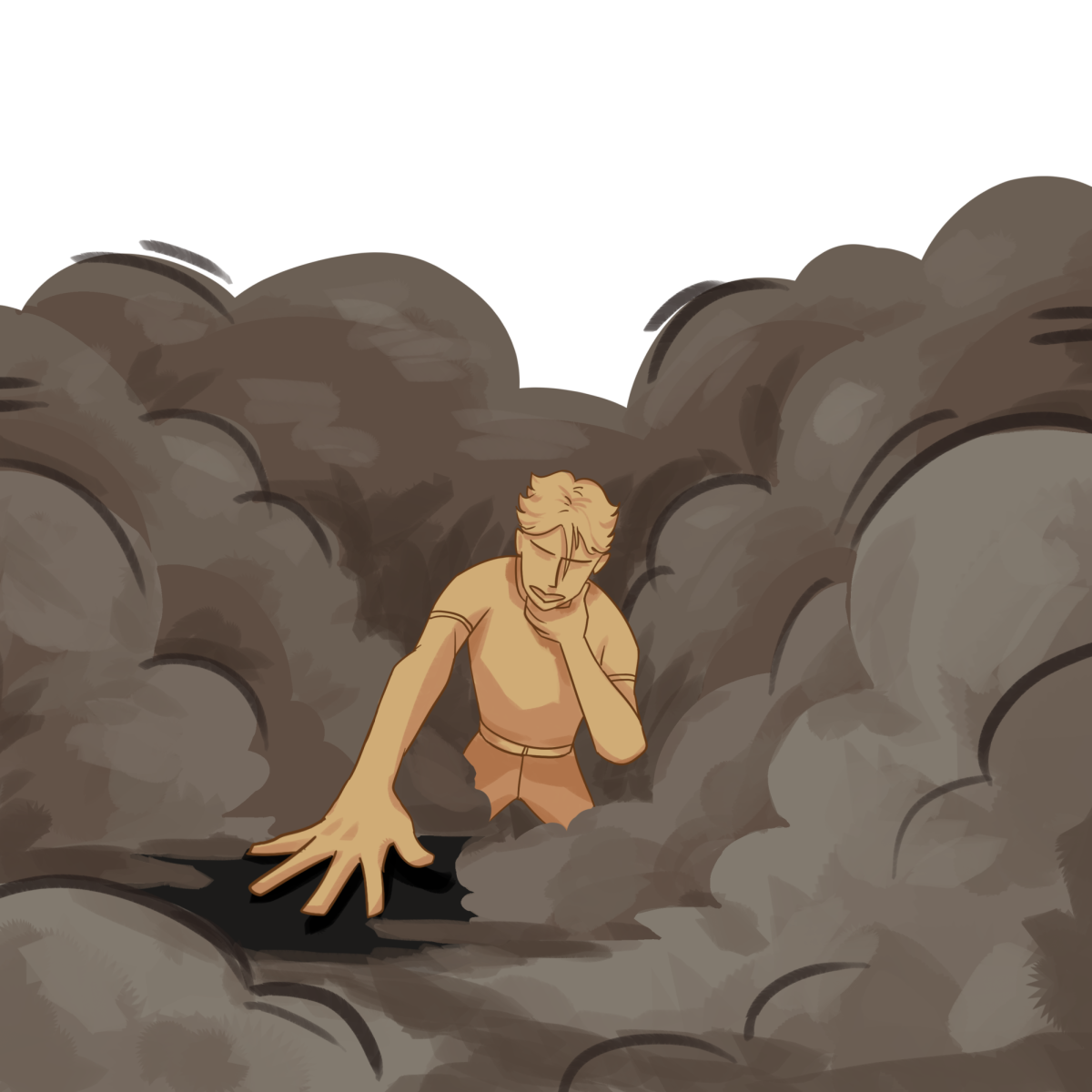
Santa Clara County’s worsening air quality is reflected in its failing "State of the Air" grades, according to the American Lung Association. With...
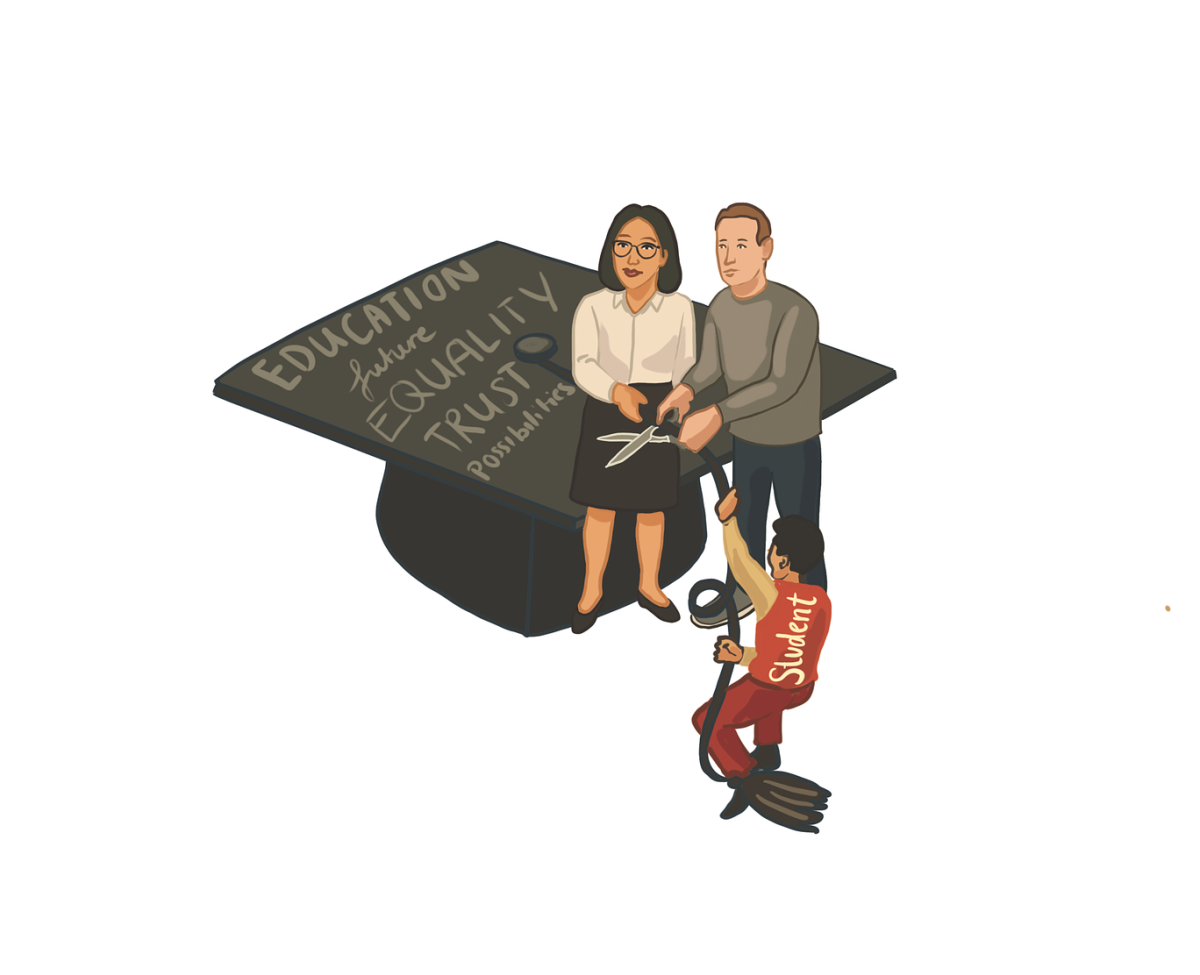



Your donation will support the student journalists of Palo Alto High School's newspaper






